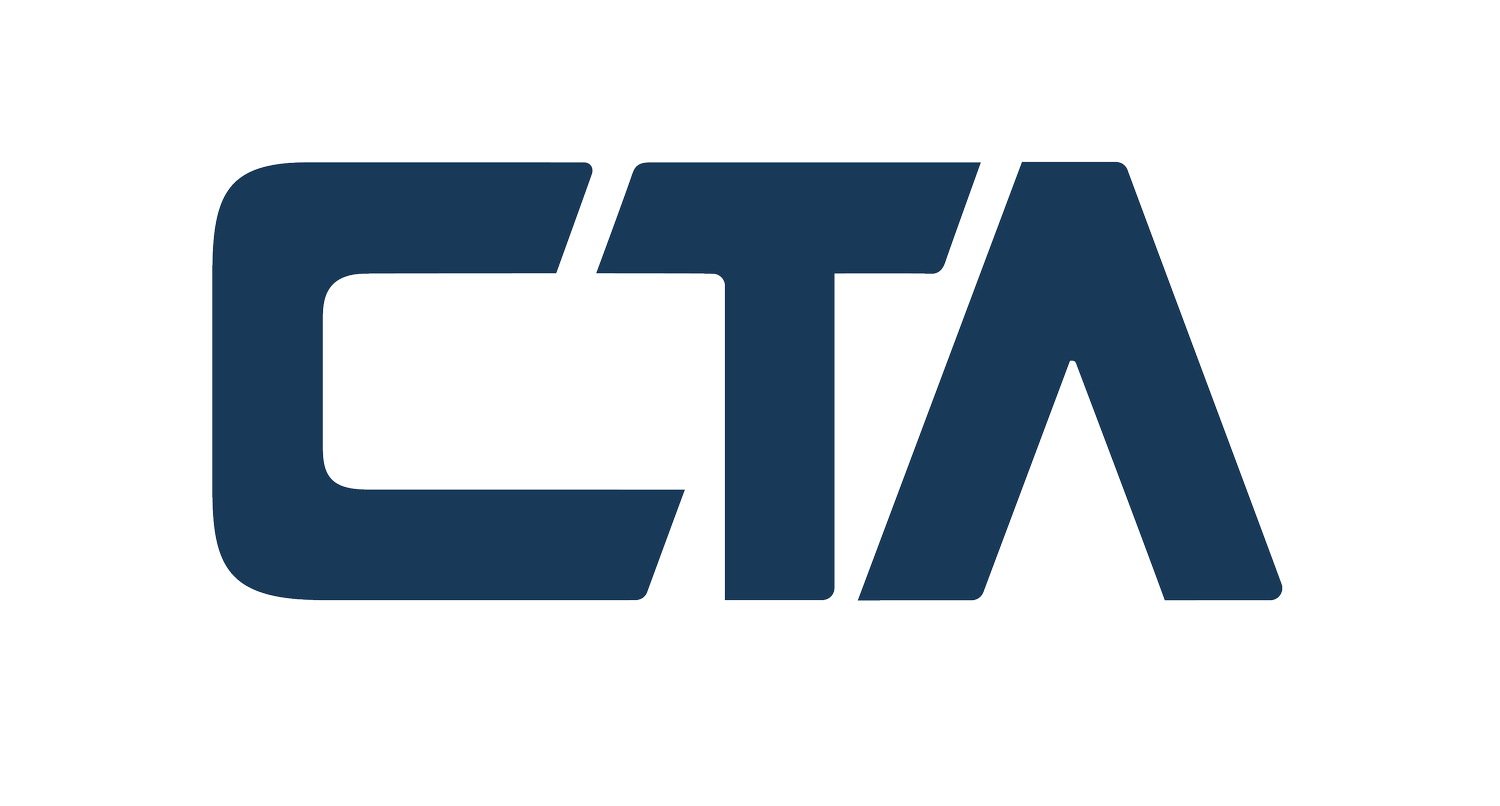As we step out of 2023, the landscape of tax credits and incentives continues to evolve, offering new opportunities for businesses to reduce their tax liabilities. One such opportunity is the Research and Development (R&D) Tax Credit, a valuable tool for companies investing in innovation. In this article, we’ll explore the key aspects of the R&D Tax Credit in 2023, with insights from Corporate Tax Advisors, specialists in this field.
Understanding the R&D Tax Credit in 2023
The R&D Tax Credit is designed to encourage businesses to invest in research and development activities. It allows companies to claim a portion of their R&D expenses against their tax liability, potentially leading to significant savings.
As we move into the end of 2023, it’s important for businesses to stay informed about any changes or updates to this tax credit.

Eligibility Criteria
To qualify for the R&D Tax Credit, businesses must engage in activities that meet specific criteria set by the IRS. These activities should aim to create new or improved products, processes, or software. It’s essential to understand these criteria and how they apply to your business activities. Corporate Tax Advisors offer a detailed overview of these requirements on their services page.
Calculating the Credit
The calculation of the R&D Tax Credit can be complex, involving various expenses such as wages, supplies, and certain third-party contractor costs. The method of calculation may vary depending on the size and nature of your business. Corporate Tax Advisors provide expert guidance on calculating this credit, ensuring that businesses maximize their potential savings.
Documentation and Compliance
Maintaining proper documentation is crucial for claiming the R&D Tax Credit. Businesses must be able to substantiate their R&D activities and expenditures. Corporate Tax Advisors emphasize the importance of keeping detailed records to support your claim, as outlined in their blog.
Industry-Specific Considerations
The R&D Tax Credit is not limited to traditional research sectors. It applies to a wide range of industries, including manufacturing, software development, and engineering. Each industry has unique considerations when it comes to claiming the credit. For instance, manufacturers may claim the credit for developing new manufacturing processes or improving existing ones. Explore industry-specific insights on the industries page of Corporate Tax Advisors.
Leveraging Expertise for Maximum Benefit
Navigating the complexities of the R&D Tax Credit can be challenging. Partnering with tax experts like Corporate Tax Advisors can help ensure that your business fully capitalizes on this opportunity. Their team of specialists can provide tailored advice, help identify qualifying activities, and assist with the documentation process.
Conclusion
The R&D Tax Credit remains a valuable tool for businesses in 2023. Understanding the eligibility criteria, calculation methods, and documentation requirements is key to maximizing this benefit. With the expertise of Corporate Tax Advisors, businesses can navigate the R&D Tax Credit landscape effectively and efficiently.
For more information and to explore how your business can benefit from the R&D Tax Credit in 2023, don’t hesitate to contact us.









